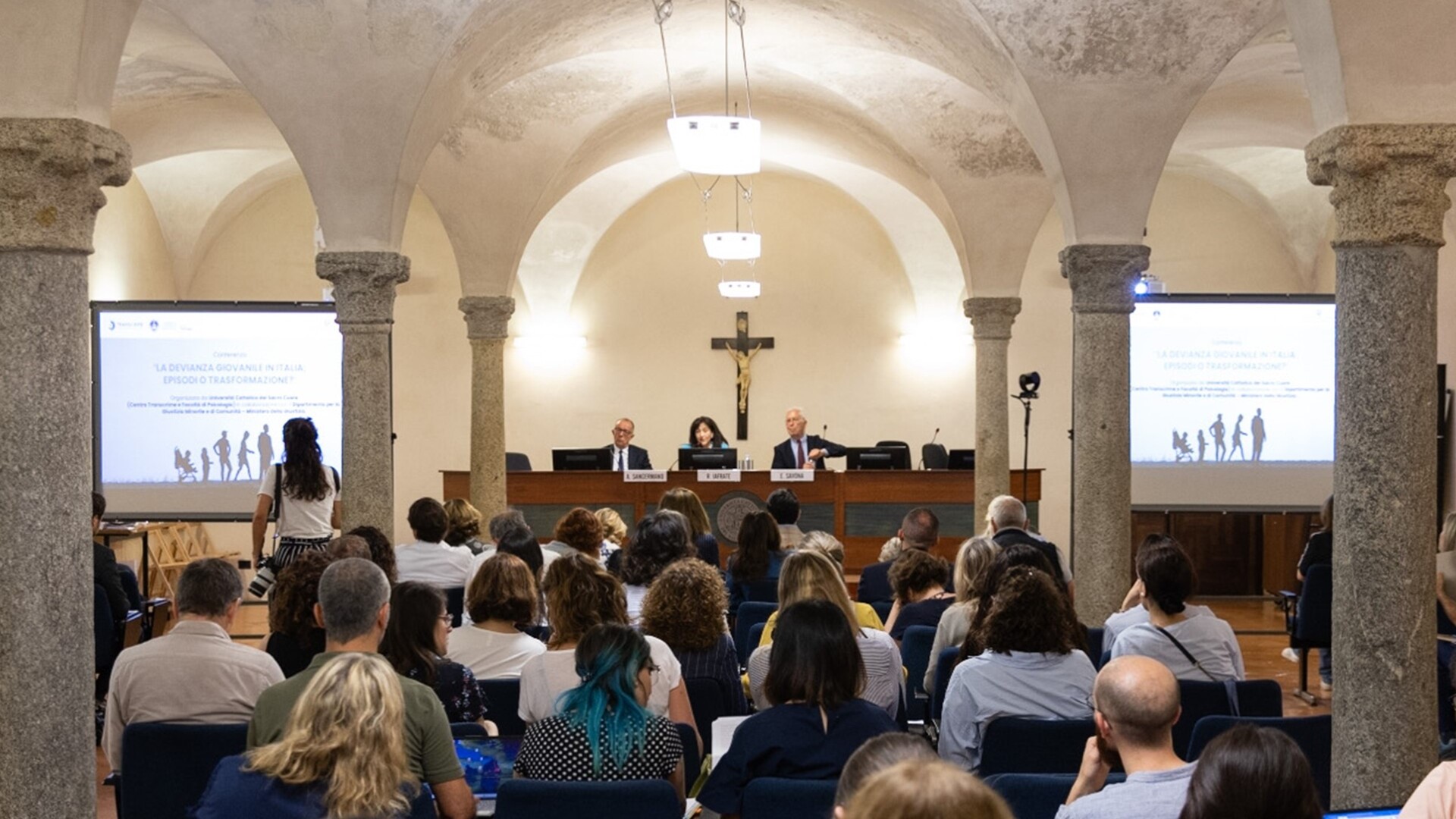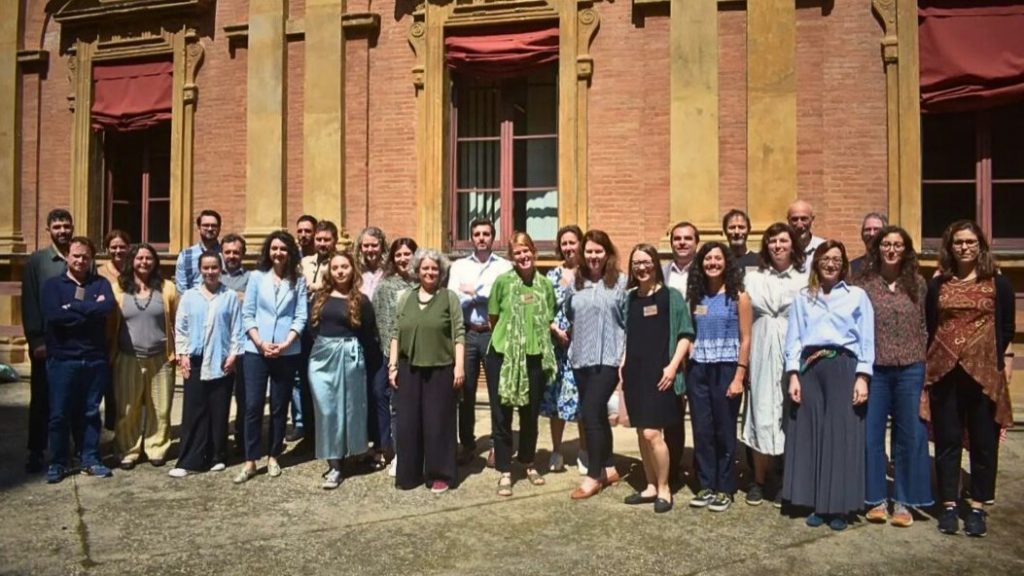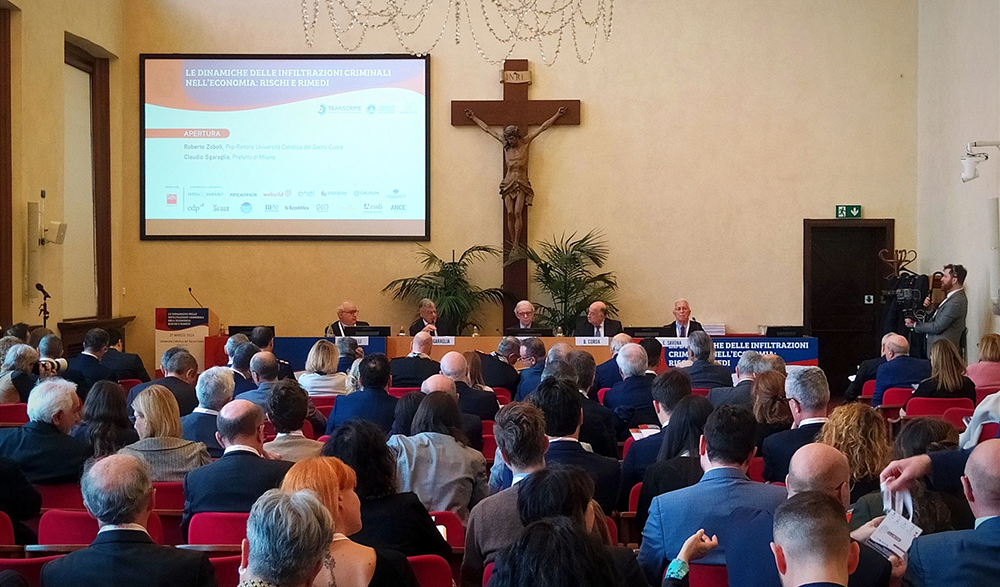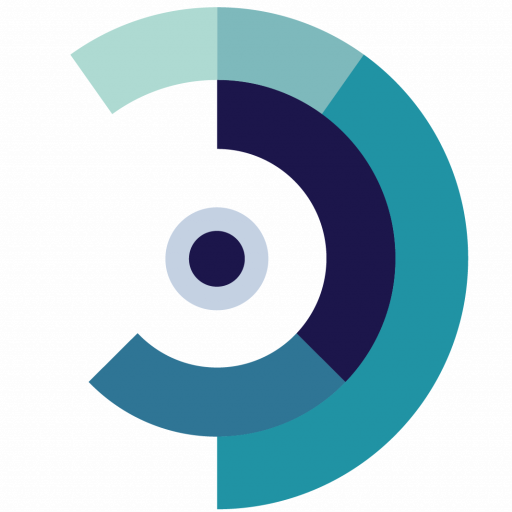Illicit medicines online: CAPSULE report published
Six out of Ten Illegal Online Ads for Medicines Are Not Recognised by Consumers
Only half (53%) of online advertisements for medicines are correctly categorized by consumers as legitimate or illicit. This result emerged from project CAPSULE, conducted by Transcrime–Università Cattolica del Sacro Cuore in cooperation with the Inspection & Certification Department of the Italian Medicines Agency – AIFA and supported by Michigan State University’s Center for Anti-Counterfeiting and Product Protection (A-CAPP). The project aimed to investigate consumers’ awareness of substandard and falsified medicines (SFMs) and the risk of purchasing them online.
The pharmaceutical illicit market has grown during the COVID-19 pandemic, exploiting vulnerable consumers through misleading online advertisements and websites, endangering public health and undermining regulatory measures. Existing efforts to combat the spread of SFMs online focus mainly on targeting online supply. The CAPSULE project instead focused on the demand side of the market, assessing the exposure and behavior of Italian and Spanish consumers to define targeted information campaigns and interventions.
In January 2024, a survey was conducted among a representative sample of Internet users in Italy and Spain who were aware of the possibility of buying medicines online and had been exposed to online advertising or had bought at least one medicine online. The survey exposed them to a mix of legitimate and illegitimate online advertisements for medicines. The results showed that consumers correctly categorized legitimate advertisements 63% of the time, but struggled significantly with illicit ads, correctly identifying them only 43% of the time in Italy and 42% in Spain. The most important factors influencing the decisions of the respondents are the absence of a label certifying authorization by the Ministry of Health, followed by the absence of a drug description or the presence of errors.
To foster responsible choices among consumers, the results of the study highlight the need for awareness campaigns tailored to different demographics and types of consumers: while older participants showed less capacity to detect illicit advertisements, younger participants expressed less trust in healthcare professionals and a higher propensity to rely on the Internet for obtaining healthcare information.
Analysis of respondents’ awareness and behavior also showed that:
- Most respondents were aware that legitimate online medicine sales in Italy and Spain are restricted to non-prescription medicines (73% in Italy and 66% in Spain).
- Only one third distinguished dietary supplements from medicinal products, underscoring the difficulty in distinguishing between products subject to different regulations.
- More than half of respondents (58% in Italy, 52% in Spain) rely on the internet for medical information and around 40% look for specific health solutions or alternative treatments online.
- Italian participants exhibited a higher rate of online purchases (69%) of medicines compared to Spain (52%). A substantial majority of Italians (85%) and Spaniards (75%) reported having seen at least one form of online advertisement for medicines.
- A comparison with a previous survey conducted in 2015-2016 by AIFA and Sapienza University of Rome revealed a significant increase in online medicine purchases in both countries.
- Websites are the primary access points for both advertising and purchases for online medicines, followed by social media and e-commerce platforms. Social media are emerging as relevant platforms for advertising.
- In Italy, flu treatments were the most popular online purchases, followed by chronic pain and cholesterol management medicines. Spanish consumers mainly bought performance-enhancing and weight-loss products.

Latest news
View all news
Juvenile delinquency in Italy: violence on the rise, but not the number of offences
The violent nature of the crimes committed by young people is on the rise and the age at which they commit their first crime is falling, but the number of cases is not increasing. This is the result of a study we carried out on the basis of data from…

RESPOND Kick-Off Meeting
On 22-24 May, the kick-off meeting of the RESPOND project took place at the Alma Mater Studiorum of the University of Bologna together with the consortium partners. RESPOND – Rescuing Democracy from Political Corruption in Digital Societies – is a five-year project funded by the European Commission’s Horizon Europe programme…

Conference: “Juvenile Deviance in Italy: Episodes or Transformation?”
Date: 17 June 2024 Time: 9.30am – 1.30pm Location: Catholic University of the Sacred Heart (Milan), Largo Gemelli 1 Room: Cripta Aula Magna In Italian Public perceptions of juvenile delinquency are often influenced by a distorted and alarmist narrative. But what do the official…

Infiltration into the legal economy: the advanced stage of organised crime in Italy
A one-day conference on ‘The Dynamics of Criminal Infiltration in the Economy: Risks and Remedies‘ was held at the Università Cattolica del Sacro Cuore in Milan. The initiative, organised by Transcrime-Università Cattolica del Sacro Cuore and ANFACI (Associazione Nazionale Funzionari Amministrazione Civile dell’Interno), brought together researchers, prefects, magistrates, business and…

Second KLEPTOTRACE Training for Public and Private Organisations
“How to trace complex forms of ownership and control of assets related to corruption and other financial crimes” 8 April, 2024 | 12:30 – 17:30 CET Hybrid attendance: online (webex) or on-site (Università Cattolica del Sacro Cuore, Largo Gemelli 1, Milan) The second training session will cover best practices, database and…

Conference: “The dynamics of criminal infiltration in the economy: risks and remedies”
“The dynamics of criminal infiltration in the economy: risks and remedies” Conference at: Università Cattolica del Sacro Cuore (Milan) Date: 21 March 2024 Time: 10:00-18:30 In italian Innovative methods of infiltrating the economy, emerging forms of criminal entrepreneurship, and sophisticated…
